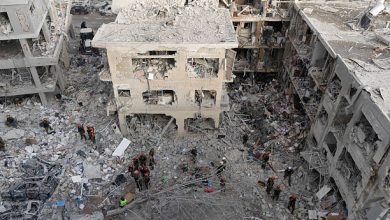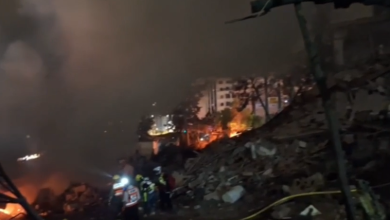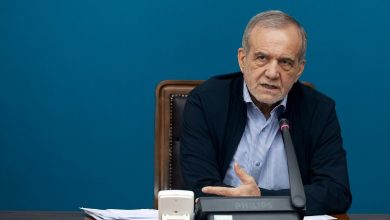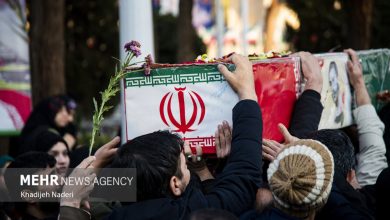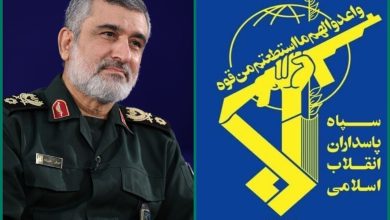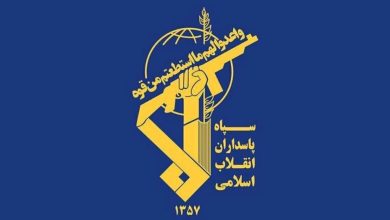Iran: US Targeting Civilians with Sanctions, Citing Repeated ‘Mala Fide’ Intentions
The Iranian government spokesperson has stated that the sanctions enforced by the Trump administration on the Islamic Republic are adversely affecting the lives of ordinary Iranians, highlighting what Tehran perceives as Washington’s insincerity in dialogue with Iran.
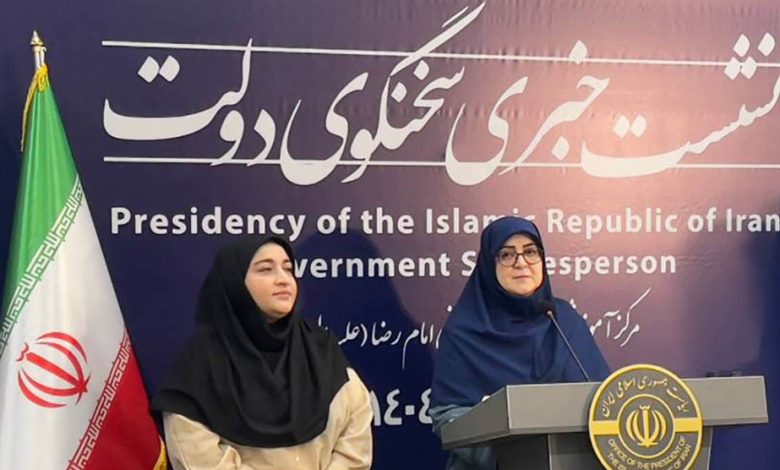
Fatemeh Mohajerani delivered a statement during a press briefing on Tuesday, where she sharply criticized the unilateral and arbitrary sanctions imposed by the Trump administration since taking office in January. These sanctions have been enacted alongside indirect discussions concerning the Islamic Republic’s nuclear program.
Mohajerani stated that the sanctions are not new, highlighting that they primarily affect the Iranian populace by impacting essential sectors such as medicine, healthcare, and overall well-being. He emphasized that measures have been taken to mitigate the effects of these sanctions, which he claimed demonstrate America’s insincerity towards negotiating.
“The required steps to counteract the sanctions have been implemented; we are prepared for every scenario and are fully prepared,” she stated.
A government spokesperson highlighted recent statements from U.S. officials regarding the prohibition of uranium enrichment in Iran, as well as the imposition of new sanctions.
In a pointed critique, Mohajerani described American sanctions as unilateral and arbitrary, asserting that they contravene the principles of international law. He argued that such actions depict the United States as a violator of human rights and an exemplar of international terrorism.
“We remain steadfast in our commitment to the peaceful utilization of nuclear energy and in safeguarding the rights of our citizens. However, we maintain a cautious outlook, given the numerous instances of perceived dishonesty by the American side.”
She stated that there are no issues from their end regarding the negotiations, and they are awaiting the Omani foreign minister’s decision on proceeding. The delay in continuing the negotiations, as per the Omani foreign minister’s announcement, is attributed to technical and logistical challenges.
Commenting on the current status of the indirect negotiations between the US and Iran, facilitated by the Sultanate of Oman, Mohajerani emphasized Iran’s steadfast stance. “Our red lines are explicit; we will only engage in discussions pertaining to the nuclear issue. For us, nuclear energy is solely for peaceful purposes, which is a right of the Iranian populace. We have demonstrated our dedication to the diplomatic process in practice and have been active in the talks; it is now incumbent upon the other side to exhibit its goodwill,” he stated.
In response to inquiries regarding the effectiveness of the United States’ strategy to isolate Iran through successive sanctions, she noted, “The participation of 110 countries in an exhibition in Iran, along with the attendance of numerous African nations at an investment conference in Tehran, demonstrates the success of Iran’s diplomatic efforts and indicates that U.S. pressure has not yielded the intended results.”
Mohajerani addressed the Iran Expo 2025 and the 3rd Iran-Africa Economic Cooperation Conference, both convened in the capital, Tehran, last week, despite enduring international sanctions against Iran.
Through the mediation efforts of Oman, Iran and the United States engaged in three rounds of negotiations in the Omani capital of Muscat and Rome, Italy, on April 12, 19, and 26. The discussions were focused on attaining an agreement regarding Iran’s nuclear program and lifting the sanctions imposed on Tehran.
Both parties involved in the negotiations have conveyed their satisfaction with the progress, characterizing the discussions as “positive” and “advancing.”
A fourth round of negotiations, originally set for May 3 in Muscat, has been deferred due to “logistical and technical reasons,” according to statements from the Iranian foreign minister.
In remarks delivered in Washington, D.C. on Tuesday, Steve Witkoff, the regional envoy for Trump, characterized the indirect negotiations with Iran as “positive.” He noted that preparations are in motion to advance the talks into another round scheduled for this weekend.
Witkoff indicated that any postponement in the ongoing efforts to advance the process would be attributed to Trump’s forthcoming visit to Saudi Arabia, the United Arab Emirates, and Qatar scheduled for next week.
During his initial term, Trump withdrew the United States from a prior agreement concerning Iran’s nuclear program and initiated what was described as a maximum pressure campaign against the nation.
After returning to the White House for a second term in January, Trump reinstated that policy. However, he has since indicated an openness to negotiate a new agreement to succeed the 2015 accord, formally known as the Joint Comprehensive Plan of Action (JCPOA).
On March 12, Trump dispatched a letter to Iran’s leadership, urging the initiation of negotiations to formulate a new agreement, while simultaneously warning of potential military action should Tehran decline. Although Iran has rejected direct negotiations with the United States under coercion and threats, it has indicated that indirect talks could still be considered.

